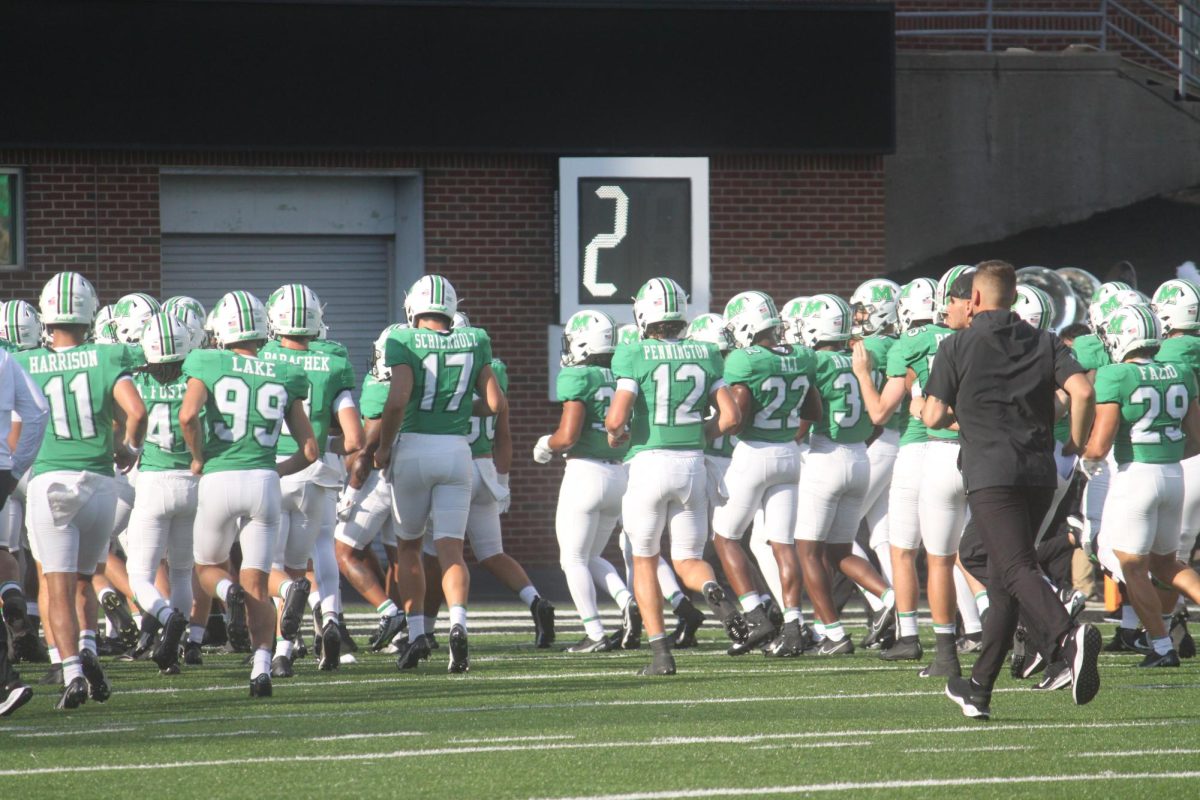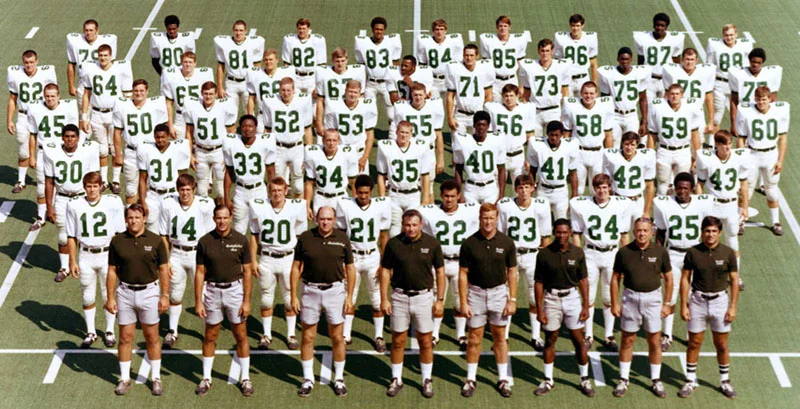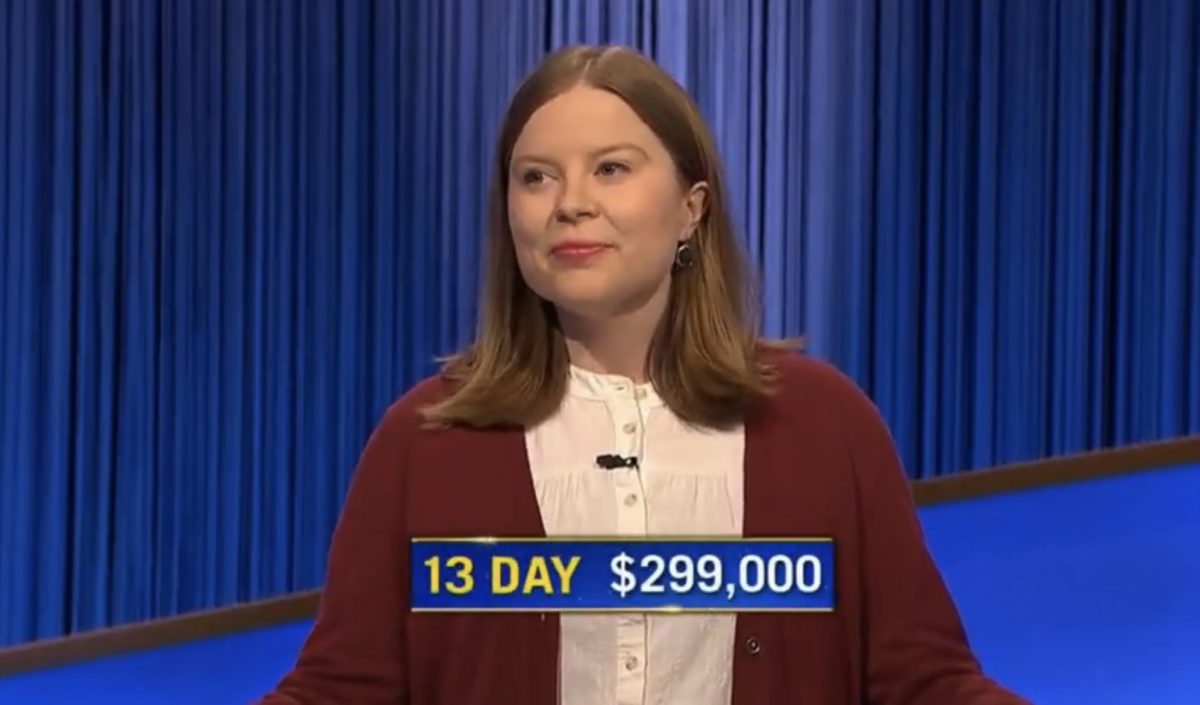The cultural impact and historical implications of Native American-themed mascots and team names were outlined in the film “Imagining the Indian,”—screened on Thursday, Sept. 7.
In partnership with the Appalachian Film Festival, the College of Arts and Media Video Production Program screened a feature-length documentary that focused on the controversial use of Native imagery in American sports. Preceding the presentation filmmakers Ben West and Yancy Burns were awarded the first-place prize in the category of “Feature-Length Film” on behalf of the Appalachian Film Festival and the Foundry Theater.
The film began by providing historical background on the subjugation of Native American people. It tacked the way their history has been taught in American schools and the effect this has on Natives and the general population’s view of them.
In a panel discussion following the screening—featuring West, Burns, sociology professor Dr. Carl DeMuth and moderated by video production professor Tijah Bumgarner—West said that in order to convey the impact of Native Americans’ portrayal in sports, it was necessary to first establish the history of Natives in the United States.
“We found that we really needed to dedicate the first 25 minutes of this movie to the baseline history of the genocide that occurred to Native people on this continent because a lot of people are unaware of that,” West said.
“In order to address mascots and cartoons and all that we do in the film, we have to dedicate that first portion of the movie just to make sure that the audience is to that baseline understanding of history,” West continued.
Along with examining the past treatment of Native Americans, the film cited examples of stereotyping in pop culture that Native activists argue are misrepresentations. Instances featured in the film were Tonto in “The Lone Ranger,” and Disney animated films such as “Pocahontas” and “Peter Pan.”
The crux of the film is the controversy around sports teams having names, mascots and symbols that include Native American slurs and cultural imagery. After the Black Lives Matter protests in the summer of 2020 and the push for anti-racism that spurred from it, sports teams like the Washington Commanders and Cleveland Guardians changed their names from the previous ones that were considered offensive by Native people. The effort to get rid of Native American team names and mascots is ongoing.
The film features scientific research that shows exposure to Native mascots can have a negative impact on Native youth.
“There is a tangible public health impact in these mascots,” Burns said. “We know from the research that exposure to Native American mascots leads to increased levels of suicide among Native people—particularly Native Youth. We know it leads to increased levels of lowered self-esteem among Native people—particularly Native youth. And we know that it just leads to overall worse health outcomes for folks.
“There’s no good reason why the name of a sports team should ever be more important than the health and well-being of people,” Burns continued.



















